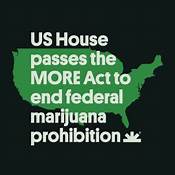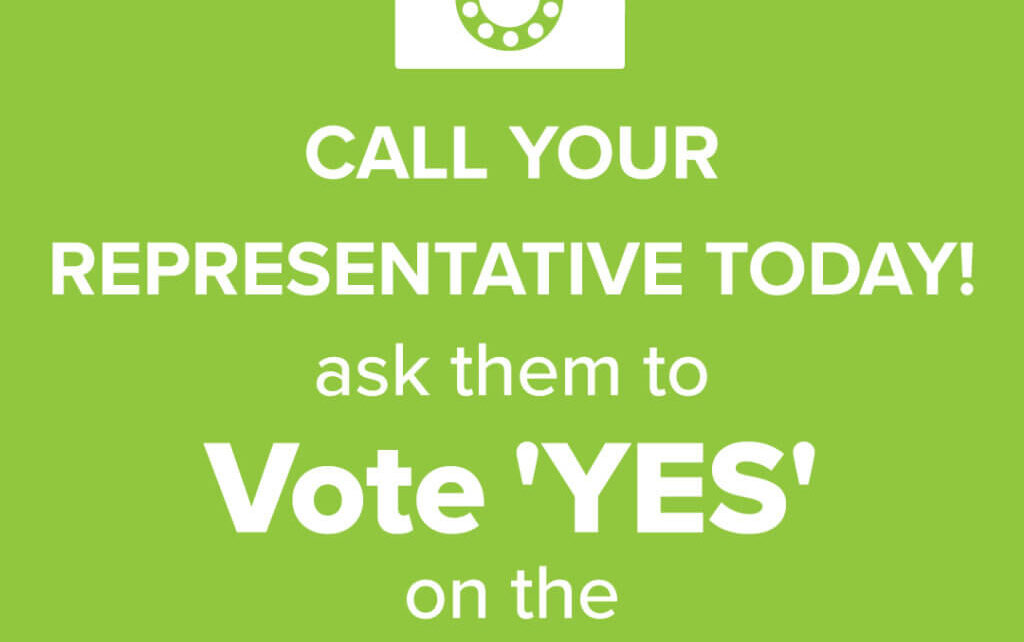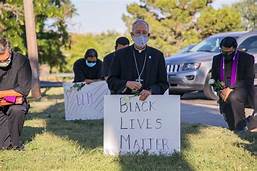
Although it is highly unlikely that these efforts will materialize just yet, this bill could form a new pathway to end the prohibition of cannabis, which has had deep racial and systemic ramifications — which I know all too well. MORE could mean a world of a difference for people like me, a Black trans man and advocate who was subjected to inhumane treatment and life-changing subjection to the criminal justice system, for utilizing this item to help cope with a painful medical diagnosis.
While navigating through a recent diagnosis of multiple sclerosis, [I was] driving for Uber and Lyft, and working the overnight shift at Walmart, just trying to survive. Then, I had a police encounter that changed everything for me. I was on my way to Walmart and was medicating to cope with the discomfort of my disease. The lights and sirens came up behind me as I was pulling into the Walmart parking lot — a broken taillight. The police caught wind of the scent in my car, giving them probable cause to search my vehicle. They found THC oil and I was charged with a felony intent to distribute. Because it was oil and not the flower, it was considered a Control 1 substance and I faced the same sentencing that someone selling cocaine or heroin would.
For me, the criminalization of marijuana left me isolated, emotionally broken and entrenched in a system that lacked justice. The charges alone, not even a conviction, got me kicked off the rideshare platforms and fired from Walmart. The system is full of hypocrisy: society doesn’t want me to sell drugs, but then makes it incredibly difficult to make money legally.
On top of that, my arrest got me placed in solitary confinement “for my own safety” because, as a trans man, I couldn’t be placed in the men’s or woman’s populations. All I could do was stare at a wall, with no concept of time or when I would be fed. I wasn’t even allowed a pen or paper to distract my mind. I strained myself to look out of the tiny window, hoping a person would pass by and break up the monotony.”
The impact of these traumas runs deep and still affects me in the present. I have a visceral response every time I see those lights or hear those sirens. My PTSD activates and my heart rate goes through the roof because I know it could be a life-changing moment. Despite being told the police are here to protect us, it’s been in my experiences with them that I’ve felt the most unsafe.
We need to stop punishing people for trying to survive. Crimes of desperation like sex work and marijuana need to be decriminalized because these are often the avenues in underprivileged areas where Black trans people have to take to live. If our mandatory documents don’t align with our identity, even as a passing person, our chances at a job can be lost. How can we afford to live when so many barriers are in our way? It’s a vicious cycle that needs to be broken. This is a system that leaves our Black trans individuals and Black community broken.
This is why it is important that the organization I represent, Solutions Not Punishment Collaborative (Snap Co.) — a Black transgender and queer-led entity — remain at the helm of marijuana reform in Atlanta so that Black people wouldn’t be profiled and thrown into cages for a few blunts or nuggets of cannabis. Advocating together as a community with Latina cisgender women and Black male leaders, we knocked door to door in our community for residents to sign a petition for decreasing the penalties of marijuana possession in the city of Atlanta.
In the state of Georgia, the possession of marijuana was and still is a race issue. More than 90% of those arrested in the city of Atlanta for possession of one ounce or less of marijuana in 2016 were Black. From our diligence in community organizing and petition signatures, the Reclassification of the Ordinance brought the penalty down to $75 with no jail time — as opposed to a $1,000 fine and/or up to a year in Atlanta City Detention Center. This was a full-circle moment for me, as I went from being racially profiled and institutionalized to fighting for my community in the decriminalization of cannabis use. We fought together, against a system larger than us, and won!
But there is a long road to reform and there are still larger ways we can address these disparities around marijuana and safety, because we deserve MORE.










